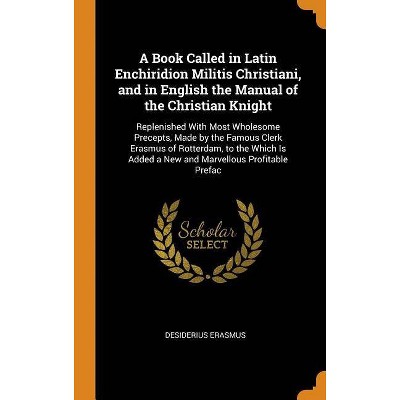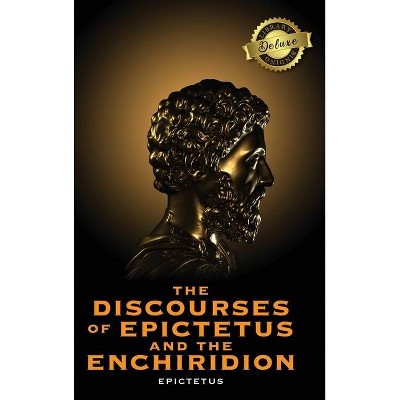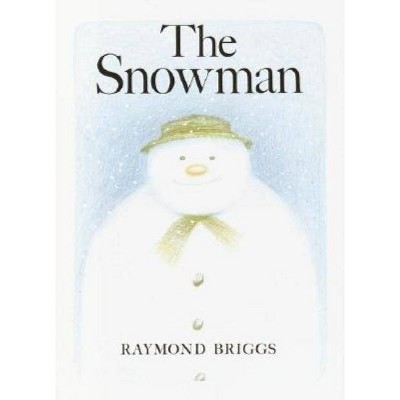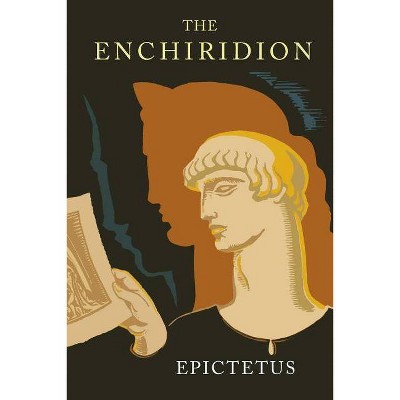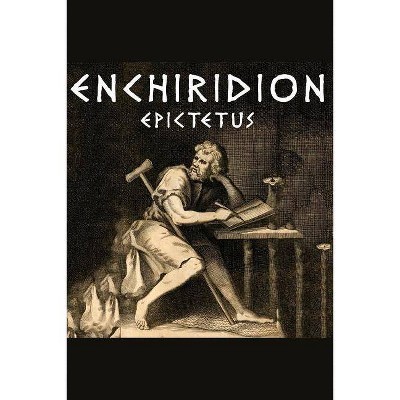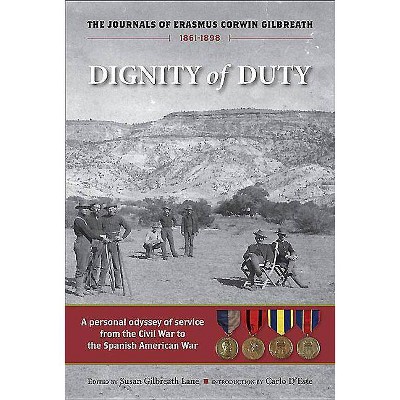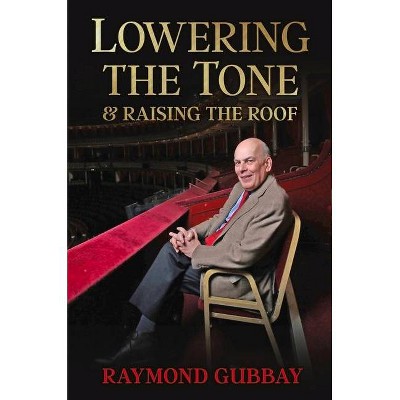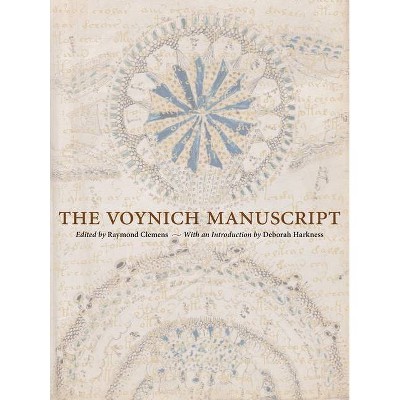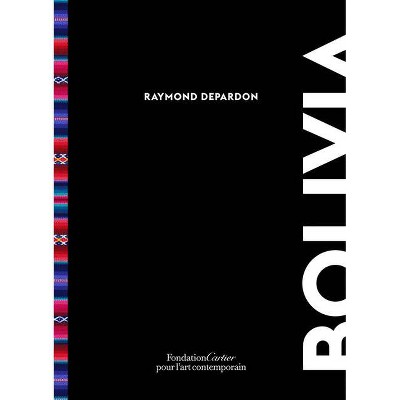The Enchiridion of Erasmus - by Raymond Himelick (Hardcover)
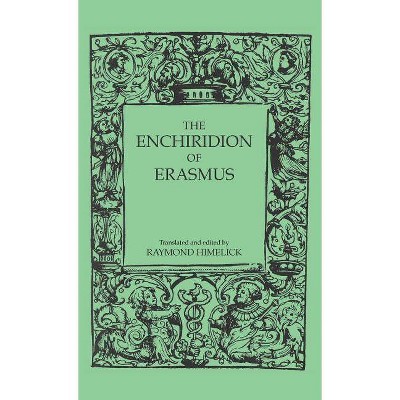
Similar Products
Products of same category from the store
AllProduct info
<p/><br></br><p><b> About the Book </b></p></br></br>Erasmus' Christian humanism has much to say to citizens of the atomic age, and the reasonable faith and constructive prescriptions of the Enchiridion were perhaps never as much needed as today.<p/><br></br><p><b> Book Synopsis </b></p></br></br><p>A great Christian classic, Erasmus' <i>Enchiridion</i> is described by translator Raymond Himelick as his first full, and in some ways best, formulation of the message intended for all Christendom, the same message he was to repeat--often in more playful and ironic guise--in the <i>Praise of Folly </i>and numerous Colloquies. Enormously popular when it first appeared in the sixteenth century, the <i>Enchiridion</i> reflects the spirit animating<i> </i>the great figure of the Northern Renaissance, the humanist on the threshold of the modern age. </p><p>Although his age was no less turbulent and threatened than our own, Erasmus found in the Christian faith and in classic philosophy sufficient inspiration for an approach that was calm, yet dedicated. His philosophy, therefore, presents a challenge to modern existentialism on the one hand, with its emphasis on alienation and anguish, and to the extremes of dogmatic rigorism on the other. Erasmus' Christian humanism has much to say to citizens of the atomic age, and the reasonable faith and constructive prescriptions of the <i>Enchiridion</i> were perhaps never as much needed as today. </p>
Price History
Price Archive shows prices from various stores, lets you see history and find the cheapest. There is no actual sale on the website. For all support, inquiry and suggestion messages communication@pricearchive.us
